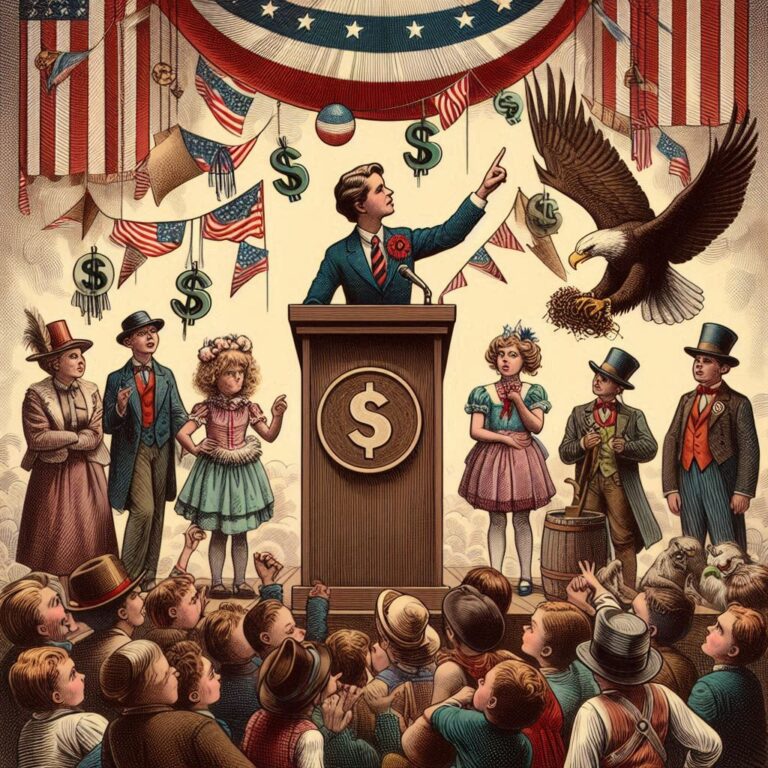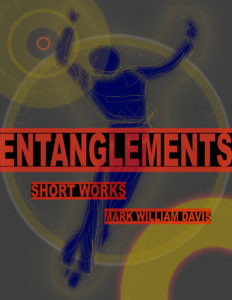Jeff Koons’ Venus figure from Barcelona’s MOCO Museum. You can see me with my phone trapped in her belly.
There is a persistent fear of societal erasure that permeates contemporary social and cultural criticism. South Korea, Taiwan, Italy, and Eastern Europe all have very low birthrates and face the reality of drastic change or erasure in the next fifty or so years. Even the leaden National Security Strategy (NSS) document of the Trump administration outright proclaims there is a “stark prospect of civilizational erasure” in Europe due to low birthrates and immigration. In the United States there is worry over young people not being interested in sex, and birthrates, while not as low as in other countries, have not been at replacement rate for more than a decade. Among working-class whites in America, young women often just find their male counterparts not good husband or father material. The same is true of college-educated women, who increasingly outnumber their slacker male counterparts
Some commentators reflect that what is needed is a religious revival that somehow reverses the liberation of women and gets them back to raising children in a celebration of God’s aims. Less dreamy policy ideas include paying couples for children and eliminating the economic barriers to working women who have children.
There is, of course, an inherent racism built into some of these fears; the thought is that American or Japan or Italy are losing something important if waves of immigrants gradually come to dominate the civilizations. The decline and fall of Western civilization is driven not by the LA punk scene but by this nebulous replacement idea driven by some kind of global elite (often with antisemitic overtones).… Read the rest









